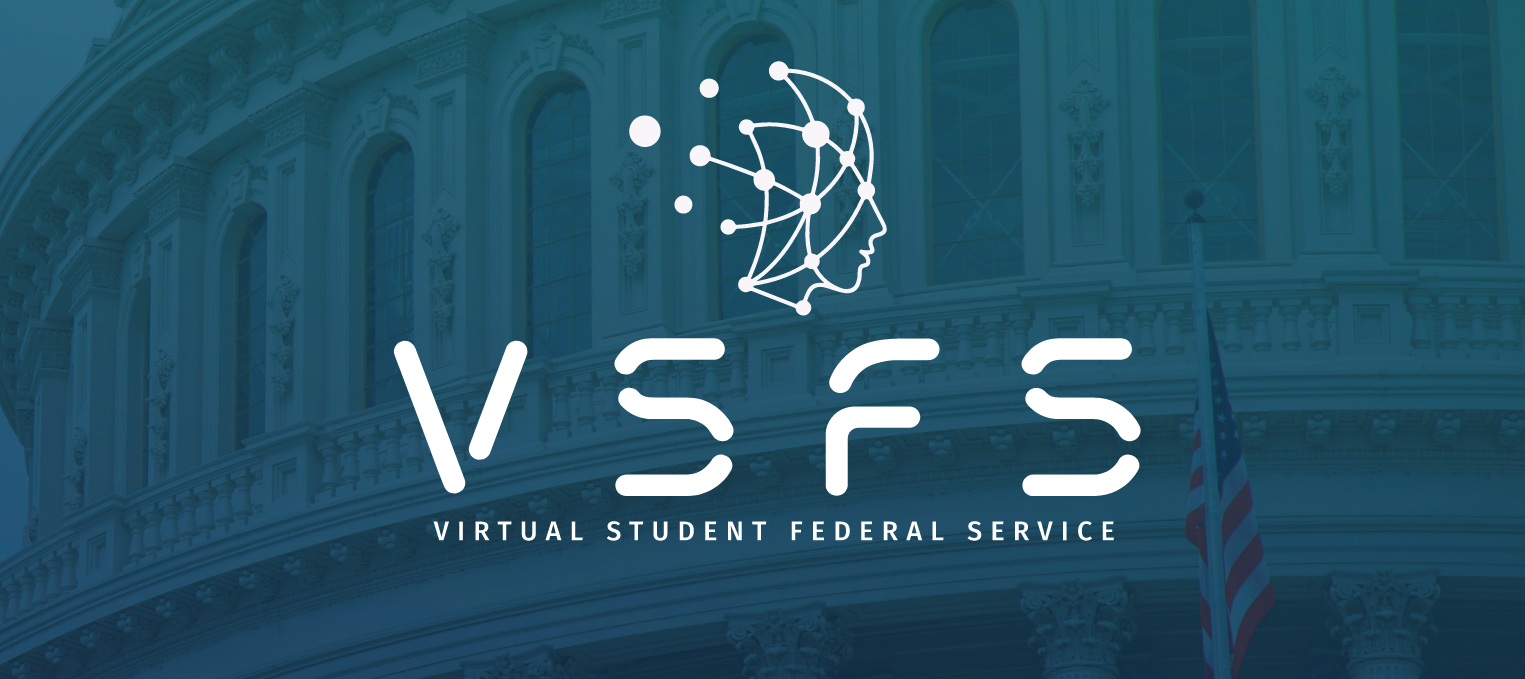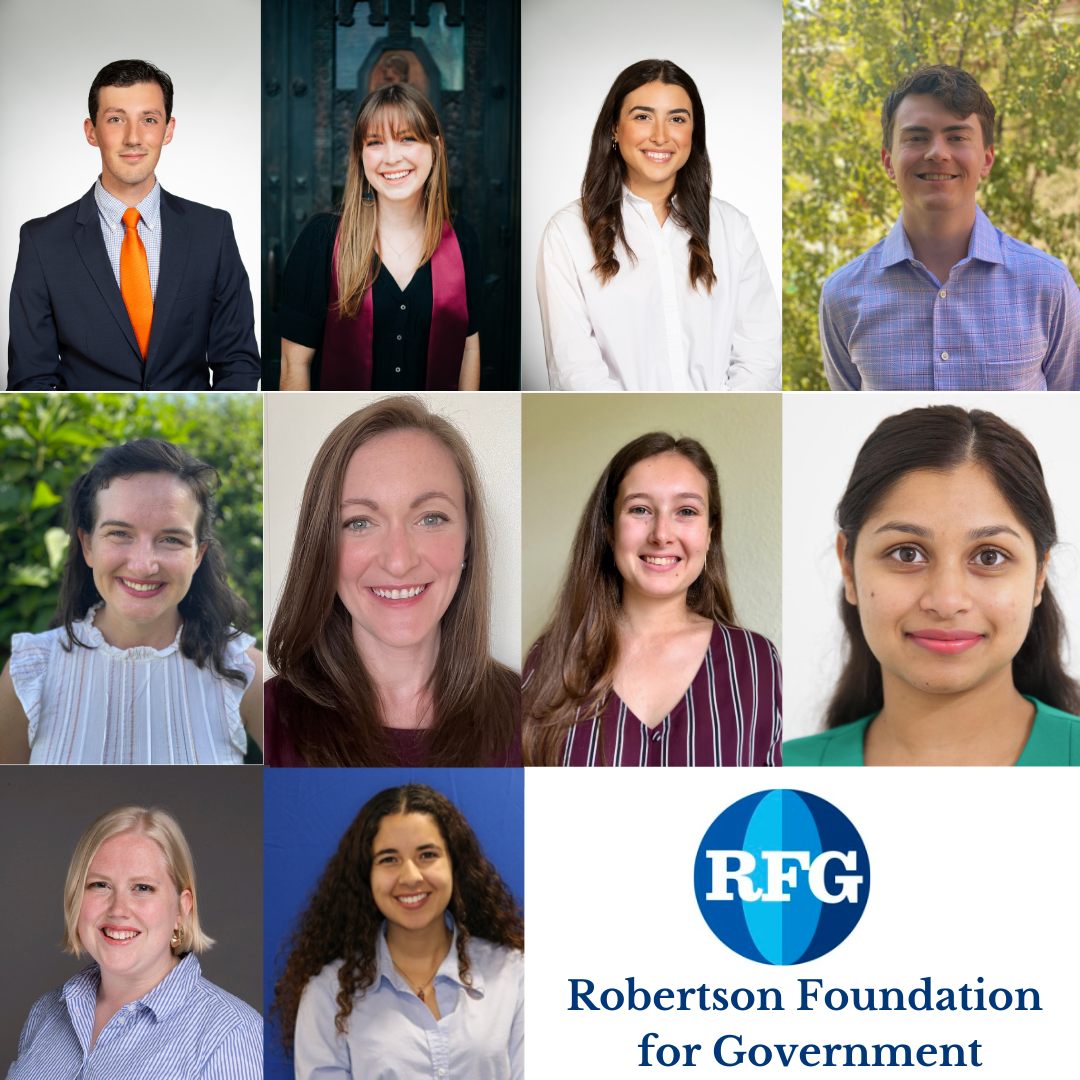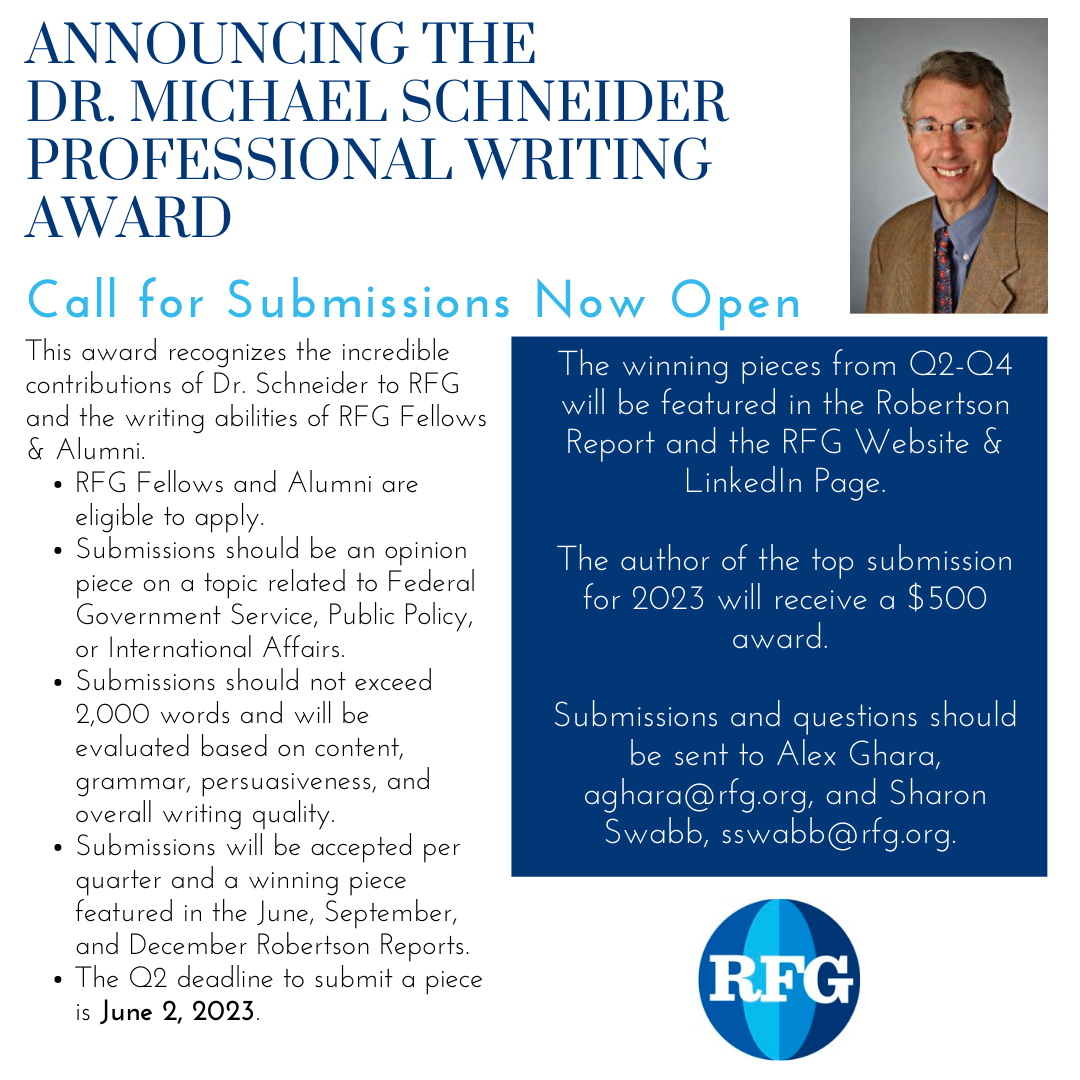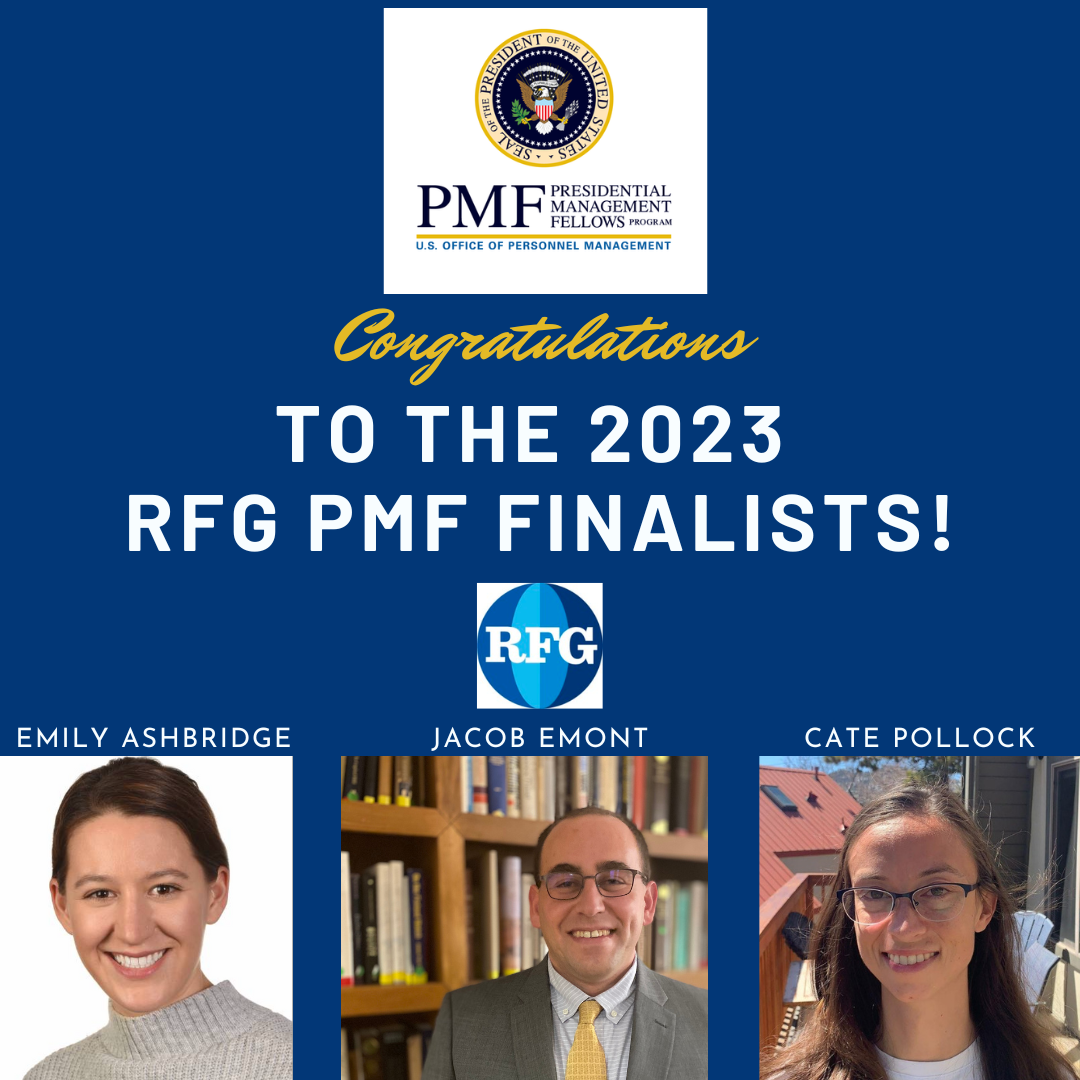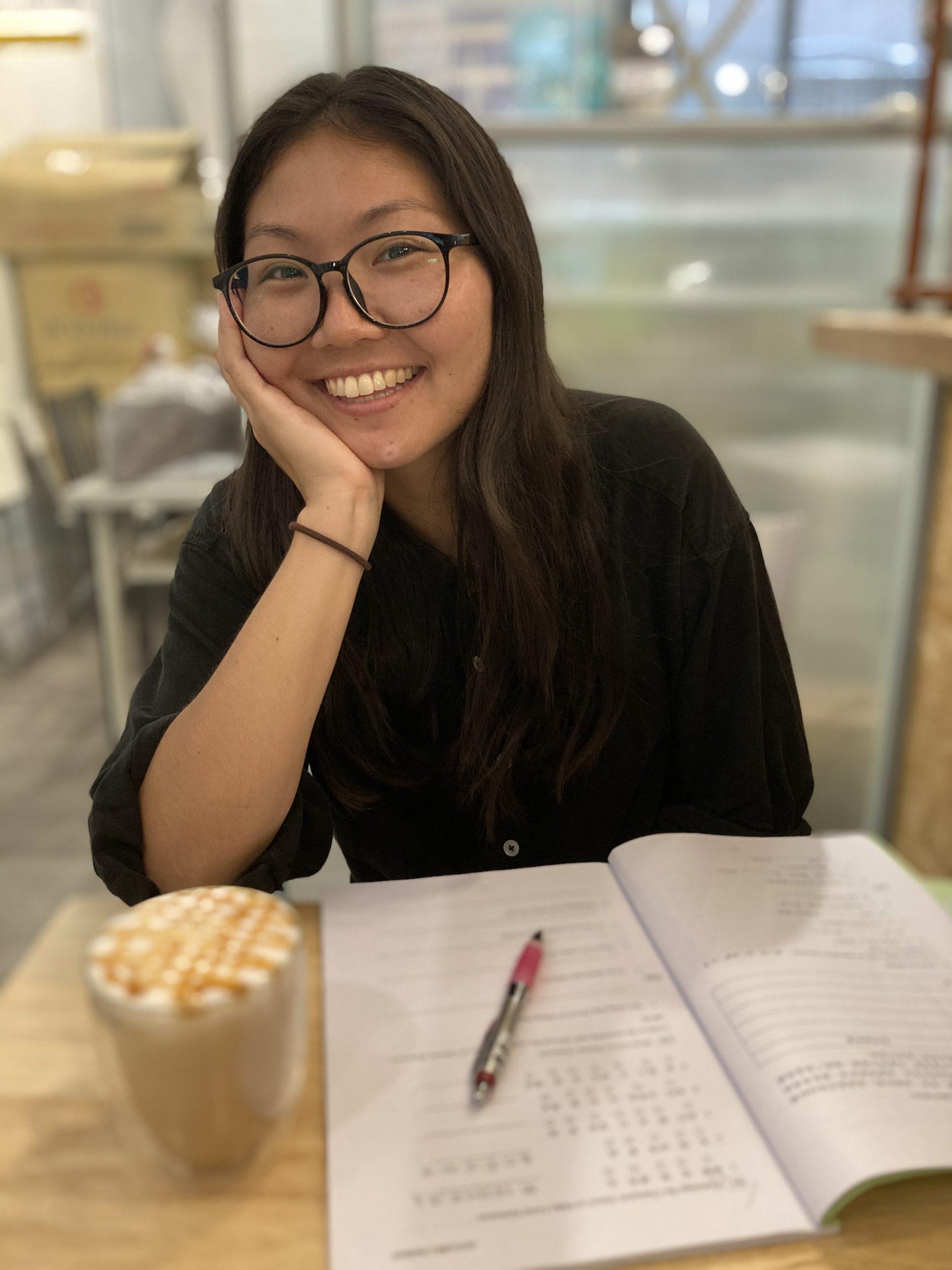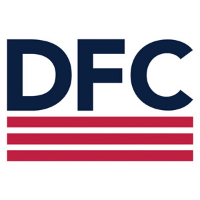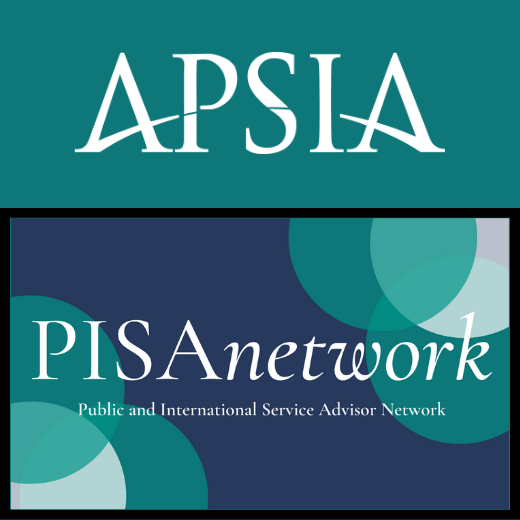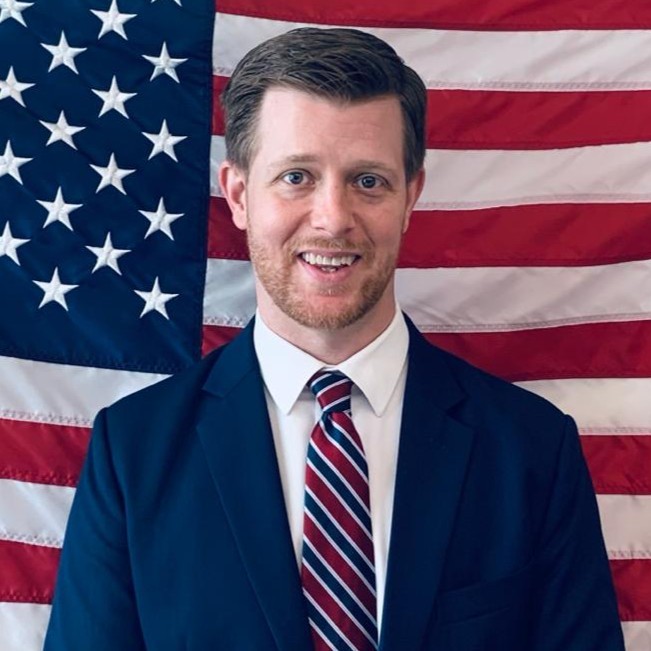
This quarter we connected with RFG Alum, R. Taylor Moore (UMD, 2013), who has worked for the U.S. and Foreign Commercial Service (Commercial Service) for nearly a decade. Taylor’s career with the Commercial Service has included overseas postings in China and Mozambique and service stateside in Washington, DC and Houston, Texas. Currently, Taylor is the Senior Commercial Officer for the U.S. Embassy in Mozambique, where he leads the Commercial Section.
The Commercial Service, which is a part of a U.S. Department of Commerce bureau called the International Trade Administration, supports American exporters – especially small and medium-sized enterprises – with entering and expanding in international markets. It also works to address overseas barriers to American exports, help U.S. companies win foreign government tenders, and attract inward investment. As Taylor explains, “Companies operating overseas often lack the same legal protections as they do in the United States and often face headwinds in entering or operating overseas, and the Commercial Service fills that void.” Located in more than 80 markets and over 100 domestic offices, Commercial Officers often serve as the first point of contact for American exporters to access other agencies, from the Patent and Trademark Office and Small Business Administration to funding agencies like the U.S. Trade and Development Agency and the U.S. Export-Import Bank.
When reflecting on what initially interested him in the Commercial Service, Taylor recounts two specific memories. He first learned about the U.S. Commercial Service when working for Maryland’s Economic Development Office in Shanghai. During a trade mission to China in 2010, he had the opportunity to hear from a Commercial Service Officer who accompanied the team from Baltimore. He also had the chance to meet the head of the Commercial Section based at the U.S. Consulate in Shanghai, who spoke at an event during the delegation’s stay in China. This initial exposure was reinforced when he began his studies at the University of Maryland’s School of Public Policy. There, he served as a graduate assistant for Professor Susan Schwab, who had previously worked as Assistant Secretary for Global Markets and Director General of the Commercial Service. These individuals deepened his interest in the Commercial Service, and also encouraged him to apply. As Taylor recounts, “I liked the idea of working in a pragmatic role to support American exports and jobs back in the United States.”
When applying for the Commercial Service, Taylor remembers how important it was to have work and management experience under his belt. “An essential part of this job is managing local staff who spend years developing their local industry expertise and knowledge, and without whom we could not function,” Taylor explains. The fact that he had begun his career working in quality control for a U.S. company in China, helping with production and a factory there, and that he had gained trade promotion experience working with the State of Maryland on its relationship with China both proved essential when applying to the Commercial Service. These experiences allowed Taylor to begin developing the ability to multitask, coordinate among competing priorities, navigate challenges creatively, work in a multicultural setting, and manage a team effectively.
Since joining, each post has been a learning opportunity, according to Taylor. As a junior officer in Beijing, he already had experience with the language and culture, so he was able to really focus on the tradecraft and leverage the large Commercial Service presence at that posting. He learned from his colleagues on everything – from how to conduct specific tasks to how to shape and direct his career. In his next post in Shenyang, China, Taylor led the office as the Principal Commercial Officer, which is the head of a commercial section in a consulate. When posted later to a domestic position in Houston, Texas, Taylor had the chance to connect with and better understand the agency’s domestic operations, at least until COVID-19 locked everything down. An upside of the lockdown, Taylor shares, is that he met and married his wife Brenda, in Houston, finding some work-life balance that had been missing. Now in Mozambique, Taylor is learning how the Commercial Service’s operations look in a very different part of the world. As Taylor describes, “We face a different set of challenges and opportunities here from what I knew in China, and – with the grace and patience of my staff and more Africa-experienced colleagues – I would like to think I have learned a lot.”
As Taylor enters his final year in Mozambique, he has a couple of initiatives that he would like to achieve. First, Taylor’s team is sending a large delegation of over 30 people to trade shows in the United States. As Taylor explains, “We hit upon a huge amount of interest in bringing new business models to Mozambique through franchising last year – especially in hospitality and tourism – and my team has done wonderful work building on that into large delegations going to the National Restaurant Association Show in May and the International Franchise Expo in June.” Second, he would like to execute a reverse trade mission – bringing potential buyers and decisionmakers to the U.S. – in agricultural processing machinery to assist Mozambique’s plans to build value-added, commercial-scale agriculture. Finally, Taylor hopes that his agency’s support for the Mozambique Gas and Energy Summit in September could help launch several initiatives for the coming year in not only natural gas – which the country has in abundance – but also in critical minerals mining. “This is an area where the U.S. has a lot of room to collaborate with Mozambique,” Taylor adds.
When asked what he enjoys most about his job, Taylor shared that “satisfaction in this job comes from our metrics and the testimonials from our clients.” He continues, stating that he “can point to specific projects or companies’ successes that we have here and tie them to export amounts and jobs supported in the United States.” On the flipside, Taylor admits that the job’s challenges often come from competing priorities, whether those be from the Department of Commerce, the embassy, the local government, or companies and organizations he is working with, which he subsequently must navigate with tact.
When thinking about the challenges of his work, Taylor shared an example of the tradecraft and perseverance that he and his team have had to implement in the past. In 2018, despite extensive outreach and groundwork laid for a winter sports-themed event in Jilin and Harbin – the epicenters of skiing and ice hockey in China, respectively – recruitment for the event failed. Outreach through various global industry teams initially received strong positive responses, but the event ultimately failed to attract U.S. company commitments. This was a big blow to the office, Taylor remembers, but in the end, he was able to both draw positive lessons and find trade opportunities amid this situation. Local partners, including the First Hospital of Harbin, all pointed to acute needs for sports therapy in China, and he and his team made introductions to American sports medicine institutions. Furthermore, by maintaining the relationship with the hospital and by facilitating a visit by then-U.S. Ambassador Terry Branstad during his visit to the region, Taylor and his team were able to connect local Chinese partners to a U.S. medical equipment company that ultimately resulted in the export of $200 million in U.S. proton cancer-therapy equipment. Overcoming this challenging situation was a point of pride for Taylor and his team members.
Taylor attributes a good portion of his success as a Commercial Service Officer to his graduate studies at the University of Maryland. His courses on economic, political, and policy contexts enable him today to counsel clients more holistically and to better coordinate his work with other parts of the U.S. Government. Thinking back on his graduate education, Taylor explains how being selected as an RFG Fellow made it much easier for him to go back to school and complete his career transition to the public sector. The Foundation’s support for his summer internship also enabled him to take a position with the U.S. Trade Representative’s Office, which stretched into an eight-month stay and broadened his perspective on U.S. trade policy processes.
Given his incredible career with the Commercial Service and his experience as an RFG Fellow, Taylor strongly encourages other RFG Fellows to consider applying to serve as Commercial Service Officers. “The Commercial Service presents an opportunity to work at a very practical level with companies on how to enter and expand in markets outside of their legal and cultural framework,” Taylor states. He emphasizes that “it can be very motivating to be able to point to concrete examples where your work has supported success for U.S. companies and jobs at home that wouldn’t have happened otherwise.” Taylor also highlights the many benefits of the Commercial Service, including exposure to foreign cultures, interesting work, and great benefits for families. Overall, Taylor has led a fulfilling career with the Commercial Service that is far from over and he is excited for other RFG Fellows and Alumni to join him in this important and engaging work.
